
Metronidazole Pharmacokinetics in Foals Studied
The medication’s half-life was longer and clearance was lower in foals compared to adult horses, researchers determined.

The medication’s half-life was longer and clearance was lower in foals compared to adult horses, researchers determined.
Study topics include laminitis, foal pneumonia, stem cells, endometritis, joint issues, insulin resistance, and more.
The Penn Vet lecture has been rescheduled to Tuesday, March 24, at 6:30 p.m. due to a recent snowstorm.
Researchers are working to identify the genetic cause of juvenile idiopathic epilepsy (JIE) in Arabian horses.

Dr. Martin Nielsen reviews which parasites are dangerous to foals and how to best deworm young horses.
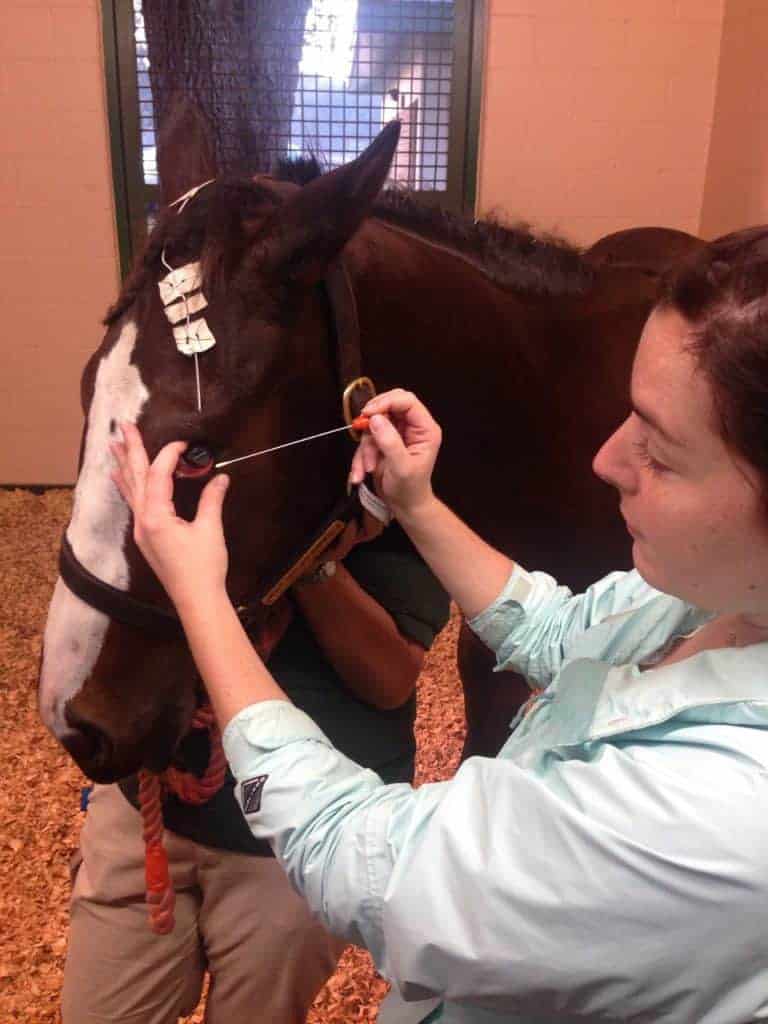
Because ocular problems are prevalent in foals, a veterinarian should examine a neonate’s eyes within 36 hours of birth.
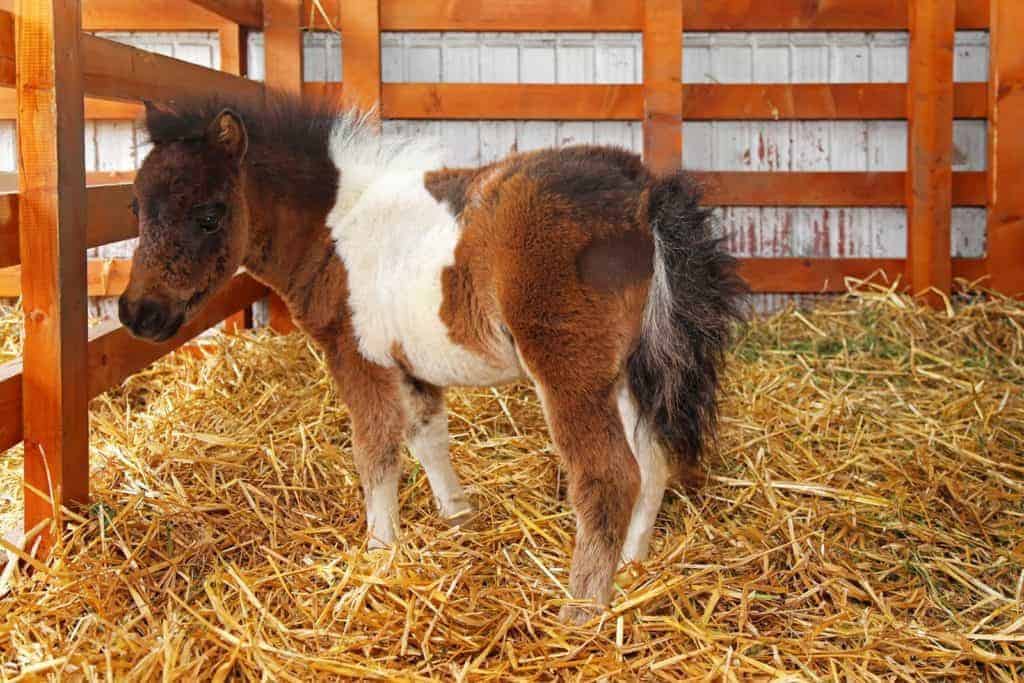
Here’s how to construct an automatic milking device with four parts, some tools, and less than $400.

From physical restraint to pharmaceutical intervention, learn how veterinarians manage this uncommon phenomenon.
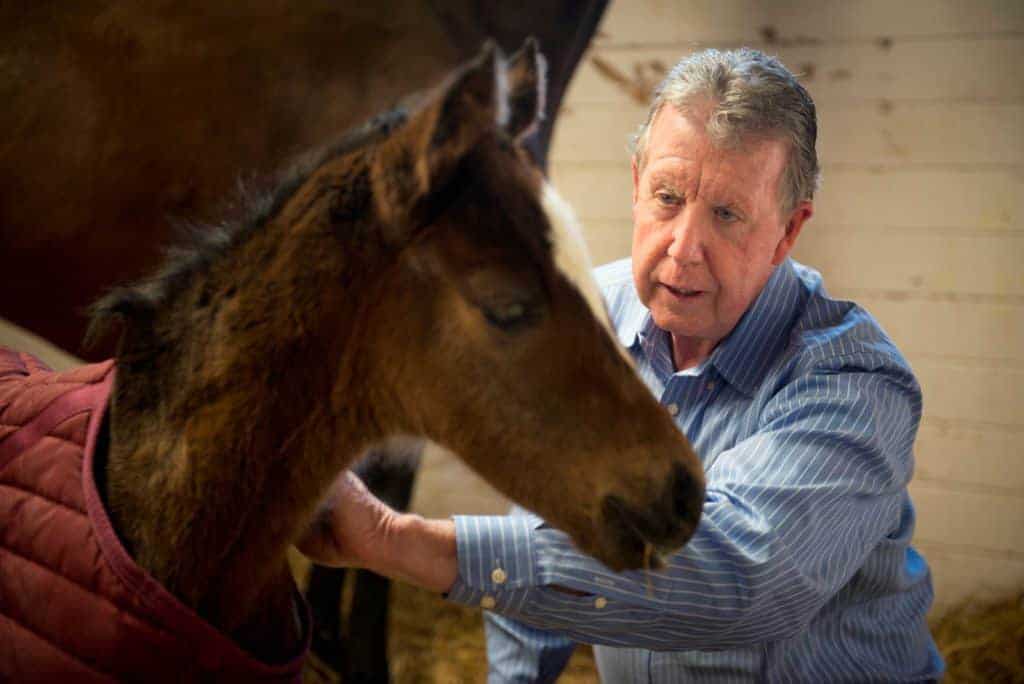
Researchers at UC Davis are exploring a possible link between neonatal maladjustment syndrome and childhood autism.
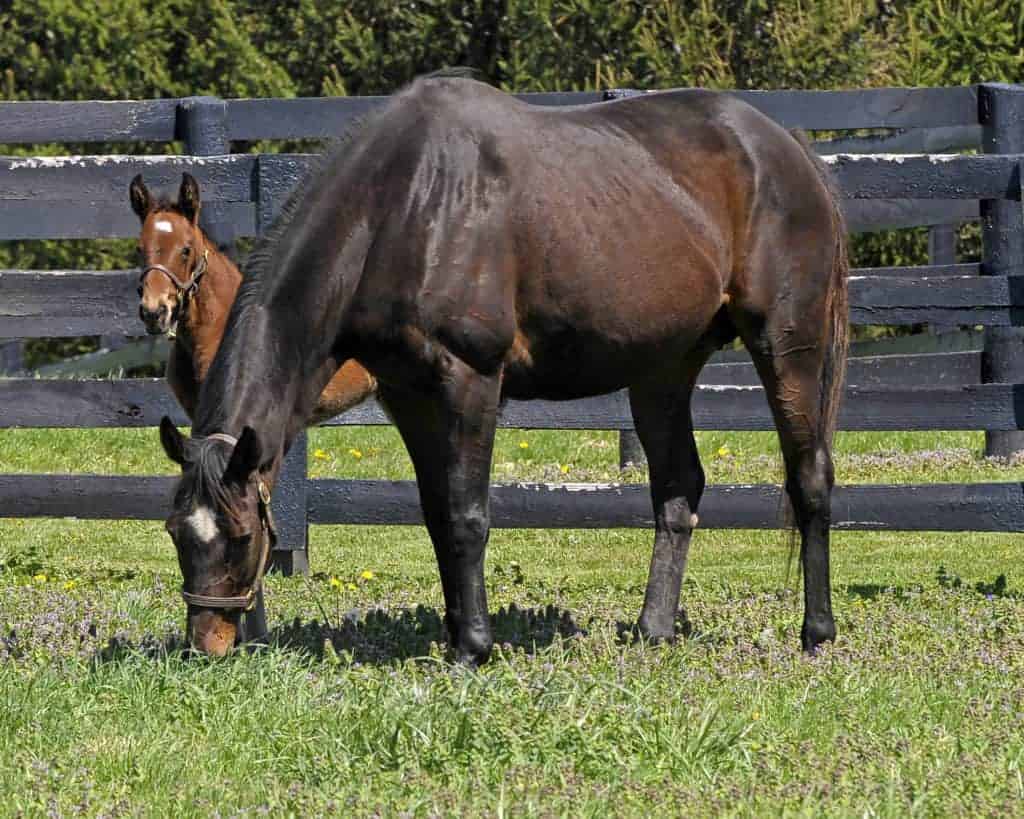
Of the 535 respondents, 401 (75%) said they do not plan to breed a mare in 2015.

Discover the possible reasons a foal or young horse might “gum” at an adult horse.

Learn about what therapy choices to make, when to use them, and how much is necessary during treatment of the critically ill foal.

Weak or recumbent foals require early veterinary intervention. Here’s what to watch for.

Researchers implanted embryos from ponies, saddle horses, and draft horses into surrogate mares of different sizes and observed significant differences in weight, height, and metabolic markers among the resulting genetic half-siblings

Protect your foal from three important causes of young horse illness: Rhodococcus equi, equine proliferative enteropathy, and adrenal insufficiency.
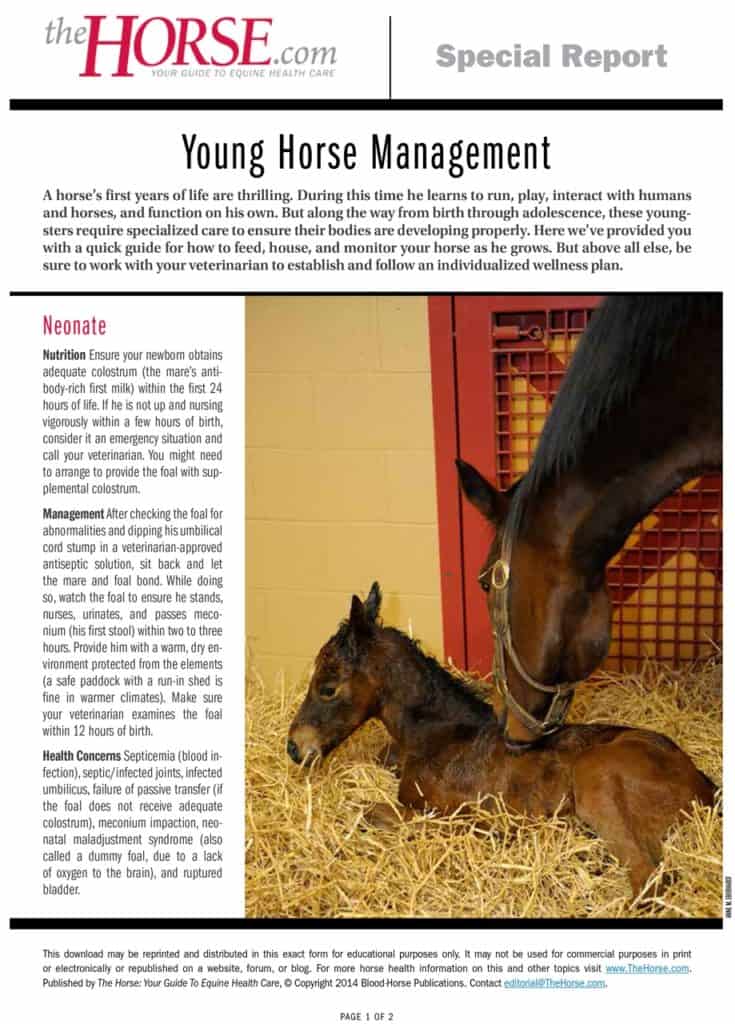
Use this cheat sheet to make sure your young horse–neonate to yearling–is getting the care she needs.
Stay on top of the most recent Horse Health news with
"*" indicates required fields